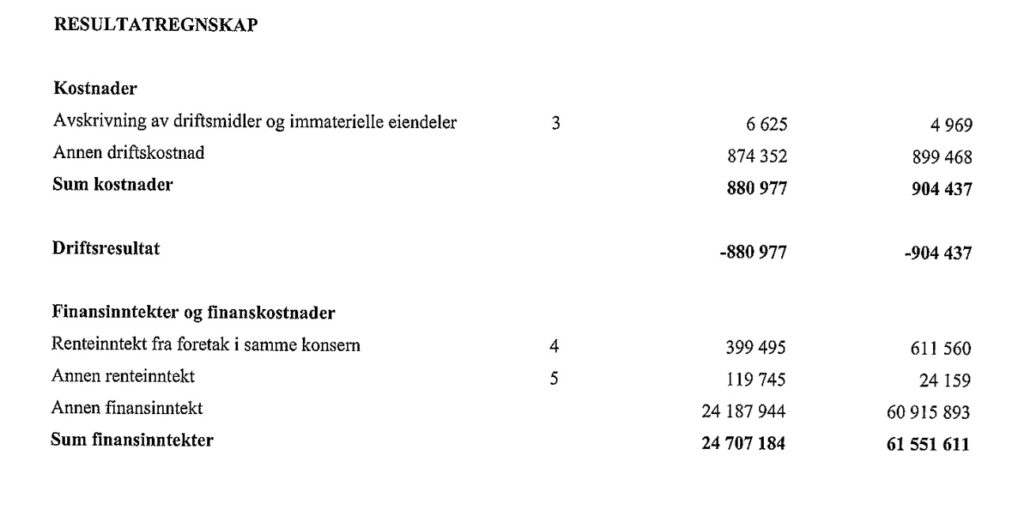In a world where accurate text recognition is vital for everything from financial reporting to compliance audits to technical specification, OCR (Optical Character Recognition) software has long been a staple in business and productivity workflows. But today, there’s a new leader — and it’s not what you think.
Why ChatGPT Is the Last OCR Tool You’ll Ever Need
Optical Character Recognition (OCR) has long been dominated by heavyweight tools like Adobe Acrobat, ABBYY FineReader, and Tesseract. But with the release of ChatGPT’s vision capabilities powered by GPT-4o, there’s now a faster, smarter, and far more intuitive way to extract text from images and PDFs — no setup, no templates, no training required.
What Makes ChatGPT’s OCR So Powerful?
- Context-aware extraction: ChatGPT doesn’t just transcribe text — it understands what it’s reading. It recognizes tables, headers, lists, financial data, multilingual text, and more.
- Table and layout intelligence: Extracts complex structured data (like income statements, balance sheets, and multilingual labels) and reconstructs it in clean, editable formats.
- Multilingual OCR: Works out-of-the-box in dozens of languages without installing language packs. We’ve tested it with English, German, Spanish, Norwegian, Hebrew, and more.
- Zero configuration: Upload a scanned document, ask a question or request the format, and get instant results. No SDKs, OCR engines, or custom pipelines.
How Does it Work?
Using ChatGPT for OCR is incredibly simple. Just create a screen shot of the text you want to OCR and paste it into the chat box.
For example, if I dragged this into the chat box as an image:

This is what I get:
RESULTATREGNSKAP
Kostnader
Avskrivning av driftsmidler og immaterielle eiendeler 3 6 625 4 969
Annen driftskostnad 874 352 899 468
Sum kostnader 880 977 904 437
Driftsresultat -880 977 -904 437
Finansinntekter og finanskostnader
Renteinntekt fra foretak i samme konsern 4 399 495 611 560
Annen renteinntekt 5 119 745 24 159
Annen finansinntekt 24 187 944 60 915 893
Sum finansinntekter 24 707 184 61 551 611
This OCR was produced directly from an uploaded image of a scanned income statement — no pre-formatting required. Tables, indentation, and numeric alignment were all preserved flawlessly.
What Makes ChatGPT’s OCR So Powerful?
1. High-Accuracy Text Recognition
ChatGPT combines advanced vision models with deep linguistic understanding. This means:
- Clean reconstruction of tables, financial statements, and reports
- Intelligent formatting (headings, bullets, line breaks)
- Preservation of context, such as differentiating between footnotes, metadata, and primary content
2. Multi-Language OCR
Unlike many tools that struggle with multilingual documents, ChatGPT can extract, translate, and even summarize content from over 50 languages — all in one place.
3. Smart Structuring
ChatGPT doesn’t just output raw text — it parses and restructures it:
- Tables become copyable spreadsheets
- Paragraphs maintain formatting
- Data can be instantly exported to formats like Markdown, HTML, Excel, or DOCX
4. Workflow Integration
You can feed ChatGPT a batch of financial statements, product labels, SRT subtitle files, medical leaflets — and it will not only extract the text, but also:
- Validate figures
- Translate content
- Reconstruct balance sheets
- Flag anomalies
All with natural language prompts — no coding or training data required.
Comparison Table: ChatGPT vs. Traditional OCR Tools
| Feature | ChatGPT OCR | Traditional OCR Tools |
|---|---|---|
| Accuracy on clean scans | Very high (>95%) | Varies by tool and language |
| Table/layout preservation | Excellent | Often requires manual cleanup |
| Multilingual support | Built-in, context-aware | Language packs or custom setup |
| Setup complexity | None | High (SDKs, configs, templates) |
| Conversational interaction | Yes | No |
Where ChatGPT OCR Excels
- Single or batch file extraction for financial statements, medical labels, or legal documents
- Cross-language workflows (e.g., translating an SDS from English to German)
- Instant turnaround without installing new software
Limitations to Keep in Mind
- Not yet optimized for cursive or heavily handwritten text
- No embedded searchable PDF output (text extraction only)
- Large batch automation requires scripting or API integration (coming soon)
OCR Tools That ChatGPT May Be Replacing
Here are some industry staples that ChatGPT is rapidly outpacing:
| Tool | Limitation |
|---|---|
| Adobe Acrobat OCR | Great for PDFs, but limited context or table intelligence |
| Tesseract | Open-source, but requires programming and preprocessing |
| ABBYY FineReader | Accurate but costly; limited conversational output |
| Google Vision OCR | Good text extraction but lacks formatting logic |
| Microsoft OneNote OCR | Simple and free, but unreliable for structured documents |
Unlike these tools, ChatGPT combines OCR with analysis, summarization, reformatting, and cross-language workflows.
Conclusion
ChatGPT is no longer just a chatbot — it’s your OCR platform. Whether you need to extract a table from a scanned income statement, translate a medical label, or rebuild a balance sheet from an image, ChatGPT can do it in seconds.
For 90% of modern OCR use cases, it’s the only tool you need.


This post about ChatGPT and OCR is super interesting! It’s wild how AI is changing everything. Speaking of cool AI stuff, I saw some amazing images generated by Google Gemini AI, like a tiny yellow fruit called a nano banana – imagine that!